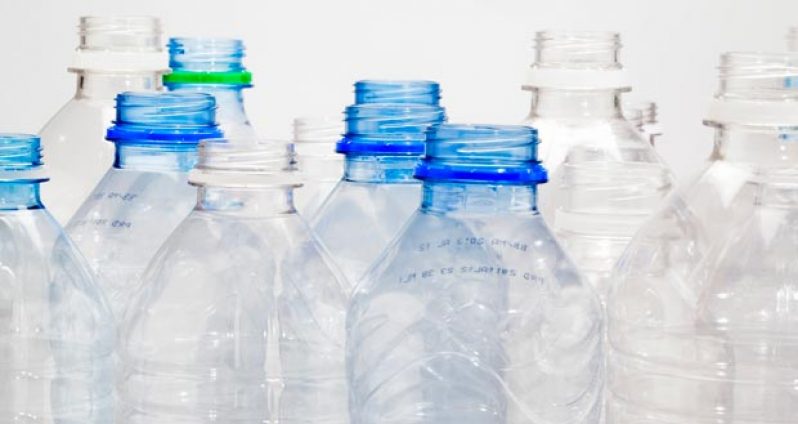This was the recurring theme at a recent workshop on solid waste management hosted by the Georgetown Solid Waste Management Program (GSWMP), the Ministry of Local Government and Regional Development and the Inter- American Development Bank (IDB).The focus on disposable plastic is timely because of the current poor state of solid waste management and disposal in Georgetown and its environs, and to some extent in outlying areas; negating any attempt to develop and sustain a clean and green environment.
Guyenterprise Advertising Agency, which is responsible for the public relations aspect of the programme, disclosed that at least 10% of waste generated in Region 4 NDCs comprises disposable plastic bags and other plastic containers.
Because of the durability and longevity of the material, plastics pile up.
Plastics are devastating to the environment and are dangerous to human health. Over time they photodegrade, breaking down into smaller, more toxic petropolymers, which contaminate soils and waterways, and as microscopic, particles, they can enter the food chain.
A ban placed
Due to the recognition of the hazards of disposable plastic, at least twenty-four countries have banned the use of such bags; but many other countries have chosen not to ban plastic bags, but to discourage them through financial means.
There have been taxes on plastic bags since before 2008 in Italy, Belgium, and Ireland, where plastic bag use dropped by 94 percent within weeks of the 2002 ban. In Switzerland, Germany, and Holland, the bags come with a fee.
In Guyana, the Government has warned that it will be moving to ban the use of Styrofoam with effect from June 2014. The Private Sector Commission (PSC) and the Tourism and Hospitality Association of Guyana (THAG) have endorsed the plan to significantly scale back the importation of Styrofoam.
Experts have pointed out the extreme durability of Styrofoam, which appears to last forever because it is resistant to photolysis, or the breaking down of materials by protons originating from a light source.
Guyenterprise, as part of the GSWMP, has mounted a campaign to encourage Guyanese to minimize on the use of plastic, particularly plastic bags. Plastic bags/bottles and containers may be convenient, the Agency said, but cause long-term harm to the environment.
The agency is proposing the use of re-usable bags. A spokesperson recently disclosed that a reusable polypropylene bag needs to be reused 11 times to match the carbon footprint of one plastic bag.
Carrying a reusable bag is easy and beneficial to you, your family and the environment. One reusable bag can save the use of six plastic bags a week, or 288 bags a year; and these bags bio-degrade.
The Agency advises that you take your reusable bag with you, and use it as much as you can. Your reusable bag differentiates you from those who do not care about the environment. Using the bag encourages other shoppers to do so, and increases awareness of the plastic bag problem.
When you use the reusable bag, you should feel good about yourself, instead of feeling guilty for using plastic bags, which harm the environment. The agency advises shoppers: If you don’t have a re-usable bag, and have to take a plastic bag, reuse it as much as you can before dumping. Hand back plastic bags which are offered you as a container by the retailer.
“Take the item out, and hand back the plastic bag to the retailer. Use One Less,” the agency advises.
‘Green Corner’ would like to encourage all City folks who are concerned with a clean and green environment to get a reusable bag and use it until it cannot be used anymore. Use less plastic bags, use plastic bags as long as they can be used before they have to be dumped.
Make Georgetown, as far as you can, a plastic-free city.
(By Clifford Stanley)




.jpg)









